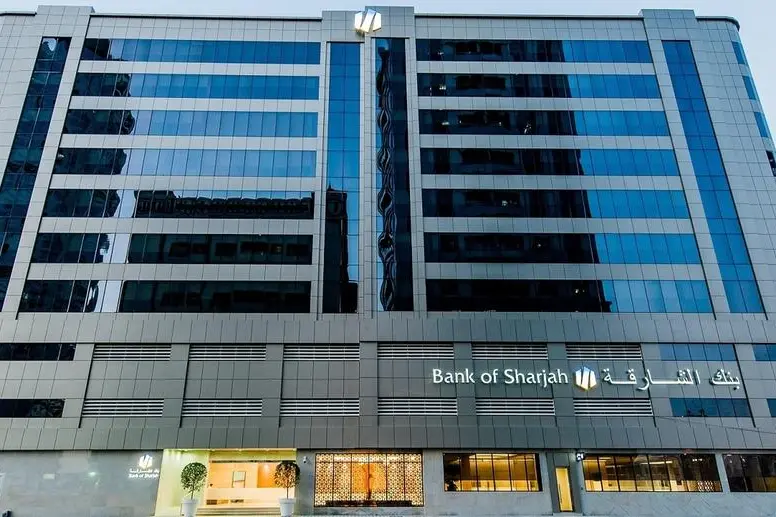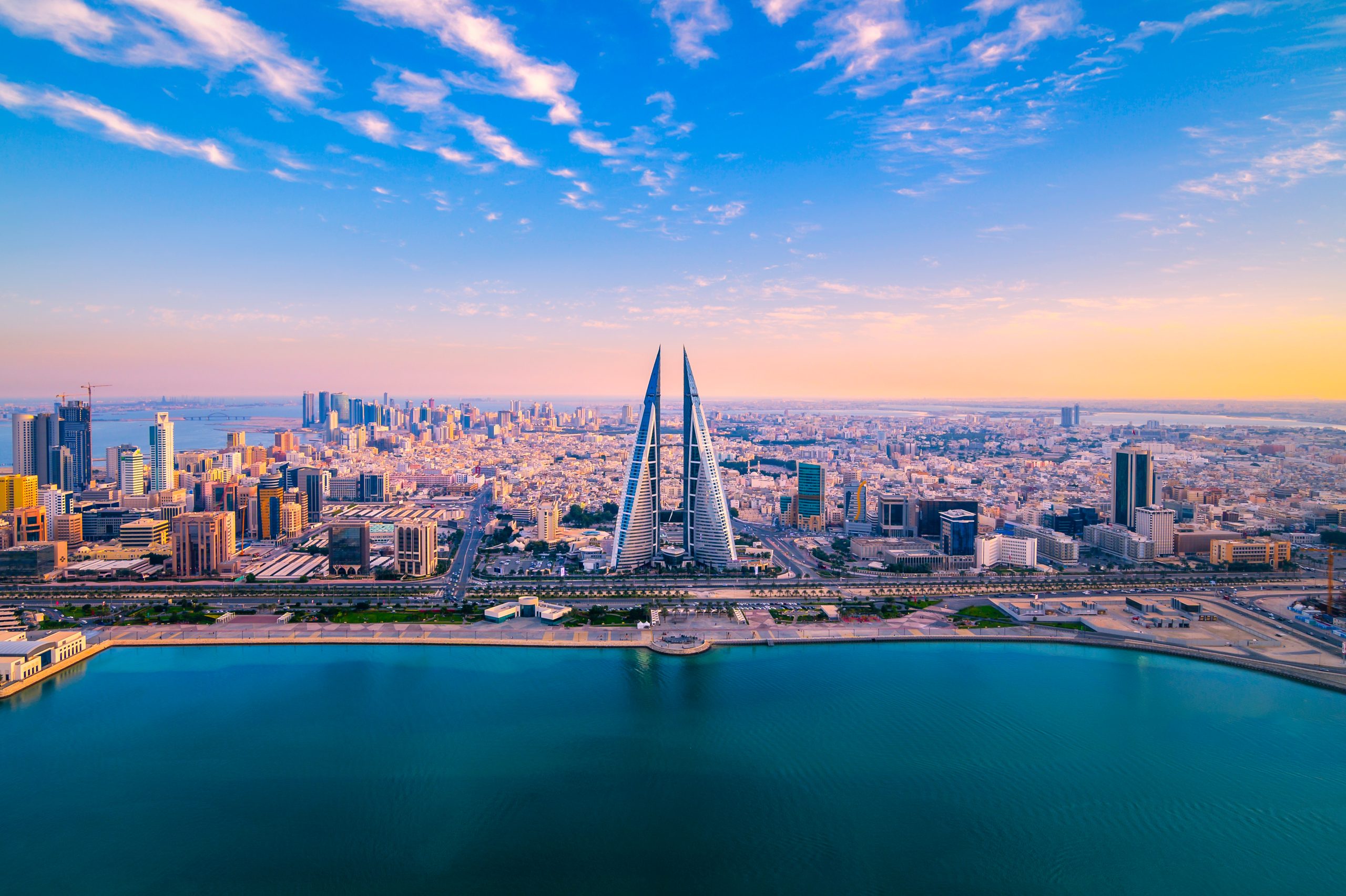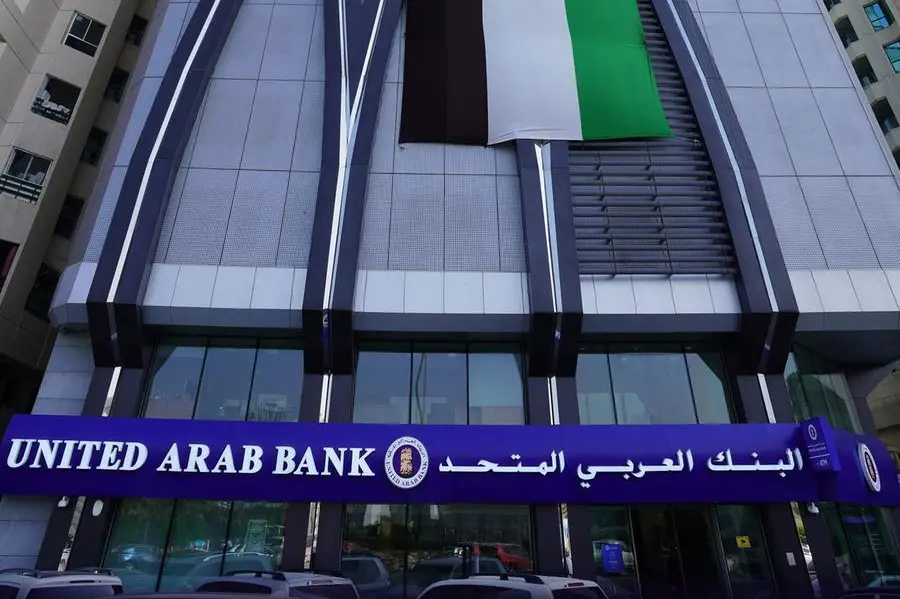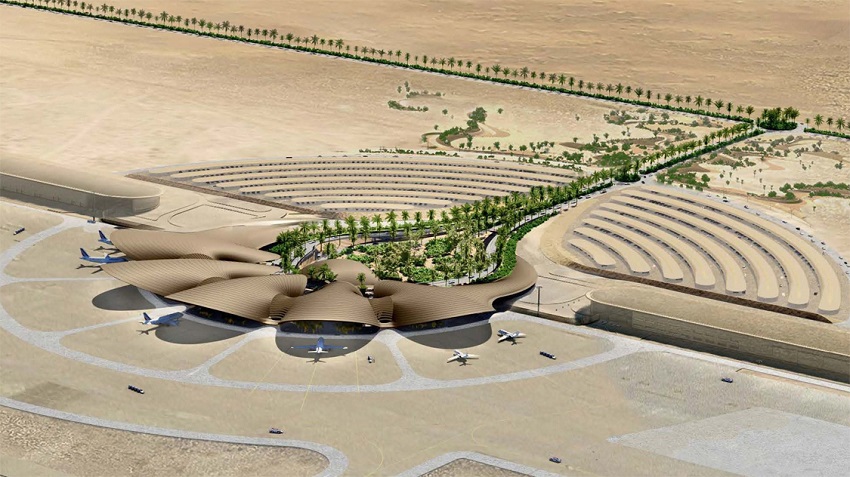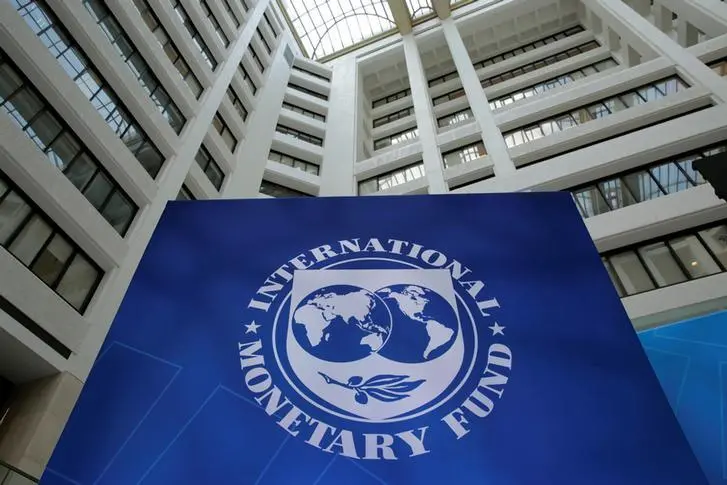Real-Estate Investors Flee the U.S. for a Land of Fuller Offices
International investors feel bullish on Japan’s economy, with the stock market trading near a 33-year high, as a weak yen sweetens the pot
TOKYO—Office building investors are in full retreat from most U.S. cities. Some are finding a haven in Japan, where most workers have returned to the office and banks are eager to lend.
Foreign investors including LaSalle Investment Management, London-based M&G, and Singaporean conglomerate Keppel are buying Japanese office buildings, attracted by the market’s stability.
Investment in Japanese office real estate hit over $4 billion in the first quarter of this year, more than double the figure a year earlier, according to JLL.
In the U.S., pension funds and property developers are selling off their office holdings at a discount. Office vacancy rates are surging in major cities, hitting 16% in Manhattan and 32% in San Francisco in the second quarter, according to CBRE. Vacancy rates in Tokyo’s central business districts have stabilised around 6%.
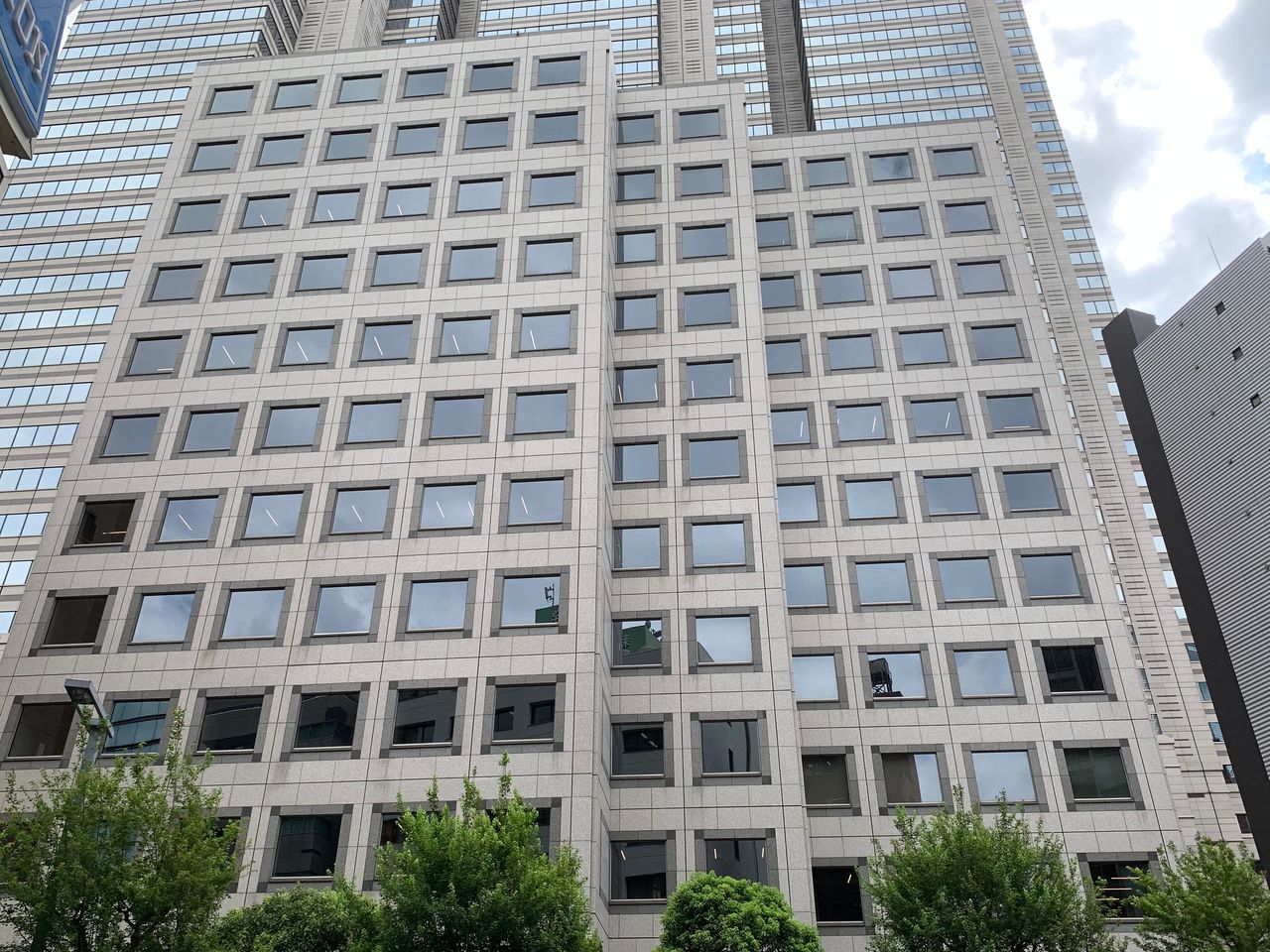
“Almost every other office market in the world would trade places in a heartbeat with Tokyo,” said Calvin Chou, head of Asia-Pacific for Invesco Real Estate.
The office sector often acts as a proxy for a country’s economy, and international investors like Invesco are feeling bullish on Japan, Chou said. The stock market has been trading near a 33-year high, and property buyers’ dollars go farther thanks to the weak yen.
An additional incentive, according to investors, is the generous spread between the rent yield on office buildings and the cost of borrowing to acquire the buildings, which is low thanks to the Bank of Japan’s near-zero interest rates.
Smaller apartments and a cultural emphasis on in-person communication with colleagues spelled the swift decline of remote work in Japan. As of the end of April, office attendance rates in Tokyo were above 75%, according to NLI Research Institute. In the U.S., the average return rate is stalled at about 50%, according to data firms and industry participants.
Millions of square feet of new office space will hit the market in Tokyo and Osaka over the next few years, but analysts said they didn’t expect many empty cubicles to result.
Kunihiko Okumura, chief executive of LaSalle’s Japan branch, said his firm has continued actively buying offices in Japan over the last several years. He projected that LaSalle’s new $2.2 billion Asia Pacific real estate fund would invest 60% of its Japan allocation in office property.
In September 2022, LaSalle purchased a vacant medium-sized office building in Tokyo’s Shinjuku district, near the Park Hyatt hotel made famous in the 2003 movie “Lost in Translation.” LaSalle completed renovations in March and has already made more leasing progress than expected, Okumura said.
By contrast, LaSalle in February unloaded an office building in Santa Ana, Calif., at a loss of more than 50%.
Many foreign investors have gravitated towards Japan’s Class B or medium-size office buildings instead of top-tier properties.
“We continue to seek the assets which have been very poorly managed by property owners,” Okumura said. “That kind of inefficiency provides us with a very good opportunity to be able to push up the value of the asset and sell it to a very strong core market.”
British investor M&G paid more than $700 million last October for an office building in Yokohama, just south of Tokyo. Its head of Asia real estate, JD Lai, said the building would provide long-term stable income.
This winter, BlackRock purchased the 17-story Harumi Front office building in Tokyo, tapping a loan from Japan’s Mizuho Bank. According to the seller’s disclosure, the price was more than $250 million.
Investors across Asia are also joining the game. From Singapore, Keppel picked up a boutique office building in the Ginza neighbourhood last November, while SilkRoad acquired an office in central Tokyo as part of a six-asset portfolio buy in April.
Last year, Hong Kong private equity firm Gaw Capital helped Invesco complete a $3 billion effort to privatize the U.S. company’s office real estate investment trust in Japan, which owned 18 buildings.
“We renovated two of the assets and created common areas, and then we actually managed to raise rents quite a bit,” said Isabella Lo, a Gaw Capital managing director.
Satoru Aoyama, a senior director at Fitch Ratings in Japan, said Japanese banks have a strong lending appetite for office real-estate investments, even while U.S. financial institutions are having second thoughts.
Analysts said Japan likely isn’t a place to make large gains, given the country’s shrinking population and generally slow-growing economy. Some big players remain on the sidelines, unsure whether the work-from-home trend may come back to Japan after all.
“It’s not an exceptionally attractive market, but it’s a very solid market,” said Aoyama. In discussions with investors, he said, “we try to list concerns, but for each concern, we find a mitigant.”
 Copyright 2020, Dow Jones & Company, Inc. All Rights Reserved Worldwide. LEARN MORE
Copyright 2020, Dow Jones & Company, Inc. All Rights Reserved Worldwide. LEARN MORE
Chris Dixon, a partner who led the charge, says he has a ‘very long-term horizon’
Americans now think they need at least $1.25 million for retirement, a 20% increase from a year ago, according to a survey by Northwestern Mutual
Villa prices saw particularly strong growth, with capital values increasing by 33.4 percent year-on-year
Dubai’s real estate market showed strong performance in the second quarter of 2024, with notable increases across the residential, office, and retail sectors, according to a new ValuStrat real estate report for Q2 2024.
Villa prices experienced particularly strong growth, with capital values rising by 33.4 percent year-on-year.
Haider Tuaima, Director and Head of Real Estate Research at ValuStrat said: “The Dubai real estate market has shown impressive growth and resilience in recent months. The ValuStrat Price Index for Residential Capital Values increased by 6.4 percent quarterly and 28.2 percent annually, reaching 178.2 points.
“Despite severe flooding caused by record rainfalls in April, the quick and effective response from developers and authorities helped to control the damage, ensuring that market activity and property valuations remained robust in the subsequent months.”
The office sector also performed well, with the VPI for office capital values surging by 31.7 percent annually and 9.4 percent quarterly, reaching 212.5 points—the highest quarterly increase in a decade.
In the retail sector, Emaar Properties reported 98 percent occupancy in their prime mall assets, while overall mall occupancy stood at 96 percent during the first quarter of 2024. The hospitality sector also saw growth, with total international guests reaching 8.12 million as of May 2024, a 9.9 percent increase compared to the same period last year. Hotel occupancy reached 81 percent, rising by 1.4 percent year-on-year.
Despite these positive indicators, Tuaima added, “The decline in transaction volumes calls for a closer examination of market dynamics as stakeholders navigate this evolving landscape.”
Chris Dixon, a partner who led the charge, says he has a ‘very long-term horizon’
Americans now think they need at least $1.25 million for retirement, a 20% increase from a year ago, according to a survey by Northwestern Mutual
















